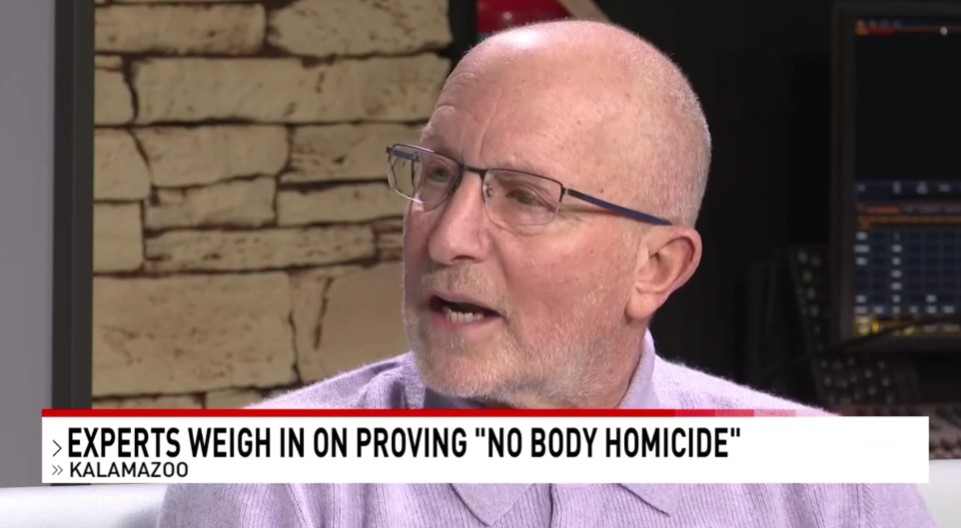
When it comes to convicting someone of murder, Levine & Levine Managing Partner Randall Levine explained to WWMT - Channel 3 that there does not necessarily have to be a body present to convict someone of murder.
There can be what is known as 'circumstantial evidence,' such as blood, DNA, or changes in things like credit card usage and contact with family, according to Levine.
On Dec. 26, Judge Tiffany Ankley determined there is enough evidence for Carlos Watts Jr., of Kalamazoo, to stand trial on an open murder charge. Watts is accused of murdering his then-girlfriend, Heather Kelley, in December 2022.
Kelley's body has never been recovered, but prosecutors felt they still had enough evidence to send Watts to trial. Defense argued it would be difficult to do so without a body. This is what is known as a “no body homicide.” Prosecutors said these are rare, but not unheard of.
Levine told WWMT- Channel 3 there does not necessarily have to be a body present to convict someone of murder.
“The more circumstances that you get, the more circumstantial evidence that allows you to infer that someone is no longer on this earth, and that is what the government has to prove, and the burden is to prove that beyond a reasonable doubt," Levine said in his interview with WWMT - Channel 3.
Read the full story, here.

